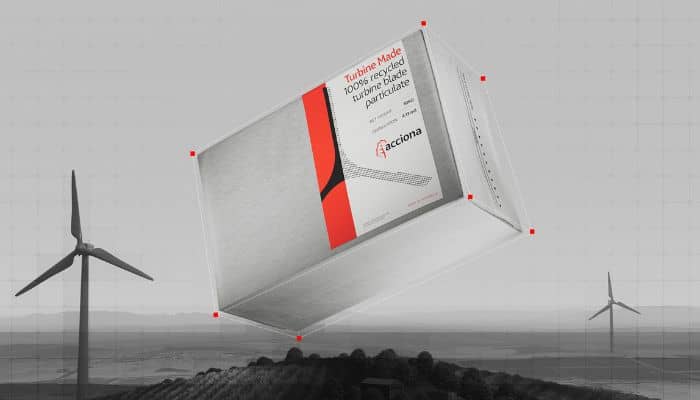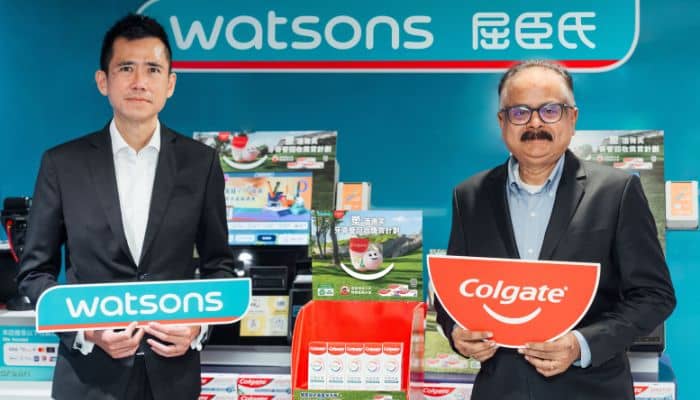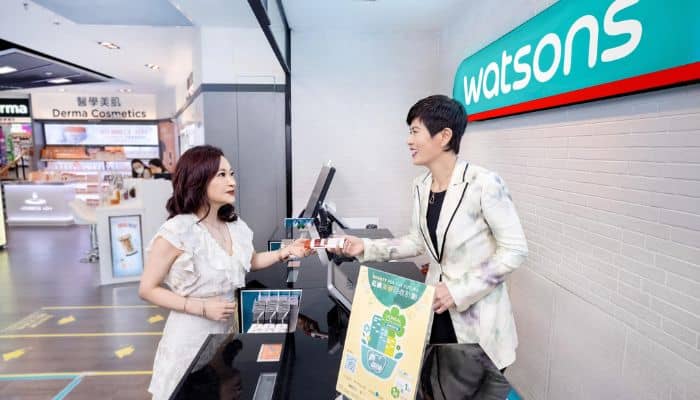Australia – ACCIONA, an infrastructure company dedicated to the development and management of infrastructure and renewable energy, has tapped DDB Group Melbourne for the launch of its campaign ‘Turbine Made’, aimed at ransforming retired wind turbine blades into innovative new materials and products for a better Australia.
For the launch of the initiative, ACCIONA has broken down a decommissioned blade from its Waubra Wind Farm in Victoria into a versatile particulate that can serve as a raw material for sustainable product manufacturing.
Like the turbines themselves, the products will help power a more sustainable Australia and could include applications such as protective gear for firefighters, highway crossings for endangered koalas, concrete for sustainable buildings and equipment for playgrounds.
To bring this initiative to life, ACCIONA engaged DDB Melbourne off the back of a competitive pitch process to conceive and develop the ‘Turbine Made’ idea, brand identity, marketing and PR strategy. Leveraging DDB’s creative expertise, the initiative aims to engage industry, sustainability advocates, and other potential partners to identify new applications for the material.
The ‘Turbine Made’ launch has been supported with an integrated campaign, including an online film, social, PR, press and out-of-home.
Caroline Pinter, general manager brand and marketing at ACCIONA, said, “Turbine Made demonstrates our commitment to sustainable innovation. We are working to transform one of the industry’s most complex environmental challenges into a solution that enables the development of new, forward-thinking products.”
She added, “By collaborating with DDB Melbourne, we have been able to effectively communicate the opportunities of this initiative. We’re excited to see how this material could be used and look forward to working with our partners to bring these ideas to life.”
Meanwhile, Giles Watson, executive creative director at DDB Group Melbourne, commented, “Turbine Made is about reimagining what’s possible. In doing so, we’re not just giving turbine blades a second life–but also inspiring industries to see that waste doesn’t have to be the end of the story, it can be the start of something remarkable.”
The project is already well and truly underway, with the first Turbine Made prototype launching in early March, and ACCIONA is now seeking partnerships with more industries, businesses, researchers and students.








